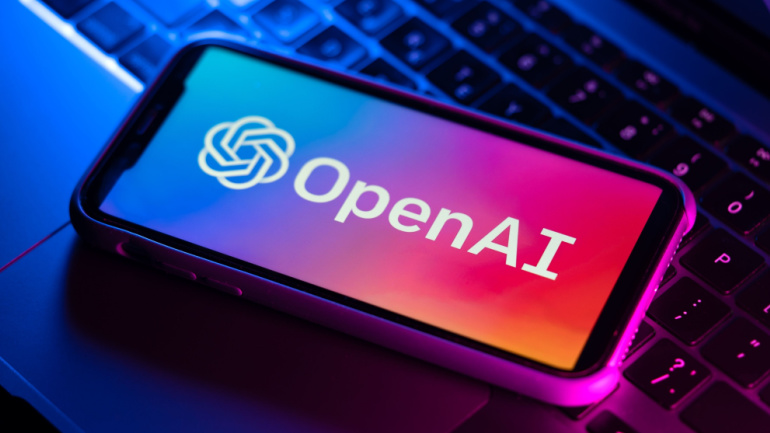Last Friday experienced a network issue affecting many Three customers, drawing nearly 18,000 complaints. Meanwhile, Three is discussing a merger with Vodafone, a move subject to scrutiny by the Competition and Markets Authority which is currently conducting a formal Phase 1 investigation.
In a groundbreaking development, Casa Systems, a prominent fixed and mobile vendor, showcased its prowess in extended spectrum (ESD) DOCSIS 4.0 technology. The company revealed that its virtual converged cable access platform (vCCAP) and Remote-PHY solution seamlessly integrate with third-party DOCSIS 4.0 cable modems, marking a significant milestone in the industry.
A new comprehensive guide has been launched aiming to enhance AI understanding among employees for optimal, safe use, subsequently improving performance. The guide addresses fundamental sectors crucial for handling AI and data securely, also spotlighting the use of advanced AI tools. It further divides the learning model into four distinct ‘personas’ based on the increasing level of AI literacy required.
As Portugal’s telecom operator Nos marks two years of 5G services, it declares readiness to launch services on a new 5G standalone infrastructure. Despite the slower than expected progress, Nos’s move signifies a key contribution to the sector. Intriguingly, the viability and potential benefits of this new infrastructure remain a matter of debate. With collaborations with Nokia and Ericsson, Nos envisions a surge in ultra-low latency services.
Artificial intelligence pioneer, OpenAI has reversed its decision to dismiss its CEO, amidst signals of internal unrest and potential alliance with Microsoft. While OpenAI’s reinstatement of Sam Altman hints at a desire for stability, speculation abounds around Microsoft’s role and possible influence over OpenAI’s trajectory.
Global mobile core network market’s slowest quarterly growth since 2017, according to Dell’Oro, is attributed to tough political and economic conditions and slower 5G network rollouts. Distinctively unstable trends mark the sector, with Huawei holding the lead in provider rankings for Q3.
Gartner forecasts a huge 20.4% increase in public cloud services expenditure by 2024, hitting an astounding $679 billion. This surge in spending could be primarily driven by business needs and innovative technologies like generative AI. Interestingly, all cloud market segments Gartner monitors are set to grow, with Infrastructure-as-a-service (IaaS) leading the pack at 26.6%. That said, as the cloud market evolves in response to business outcomes, non-technical issues such as cost, privacy, and sustainability are crucial considerations for an effective GenAI deployment.
In the face of declining shares, Vodafone’s bold recovery strategy is underway. The shift from a net profit to a loss has been attributed to several factors including missing operations, adverse foreign exchange movements, and losses from joint ventures. Nonetheless, CEO Margherita Della Valle is leading a restoration plan that includes improving customer service and expanding Vodafone Business.
Vodafone aims to bolster its shared operations with Accenture’s expertise, creating a strategic alliance that places emphasis on growth, customer service, and efficiency. Key investments into Vodafone’s in-house IT and networking unit “Vodafone Intelligent Solutions” (VOIS) will leverage Accenture’s proficiency in digital solutions and artificial intelligence. The partnership remains dependent on forthcoming definitive agreements, with hopes of conclusion by Spring next year.
Dell’Oro Group’s RAN 2030 Advanced Research Report hints at long-term growth in the RAN market, suggesting investments could surpass $40 billion by 2030. Despite challenges like short-term boosts due to new technologies, infrastructural opportunities in Fixed Wireless Access and private networks might augment growth. The report also anticipates macro RAN deployments leading the 6G era. However, the analysis remains mindful of potential obstacles clouding this optimistic outlook.













